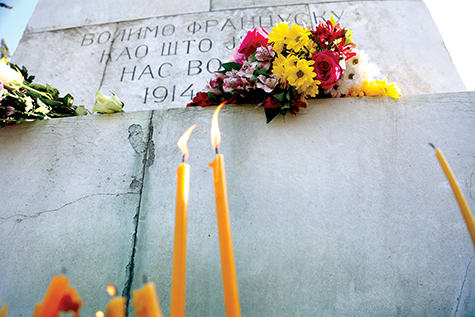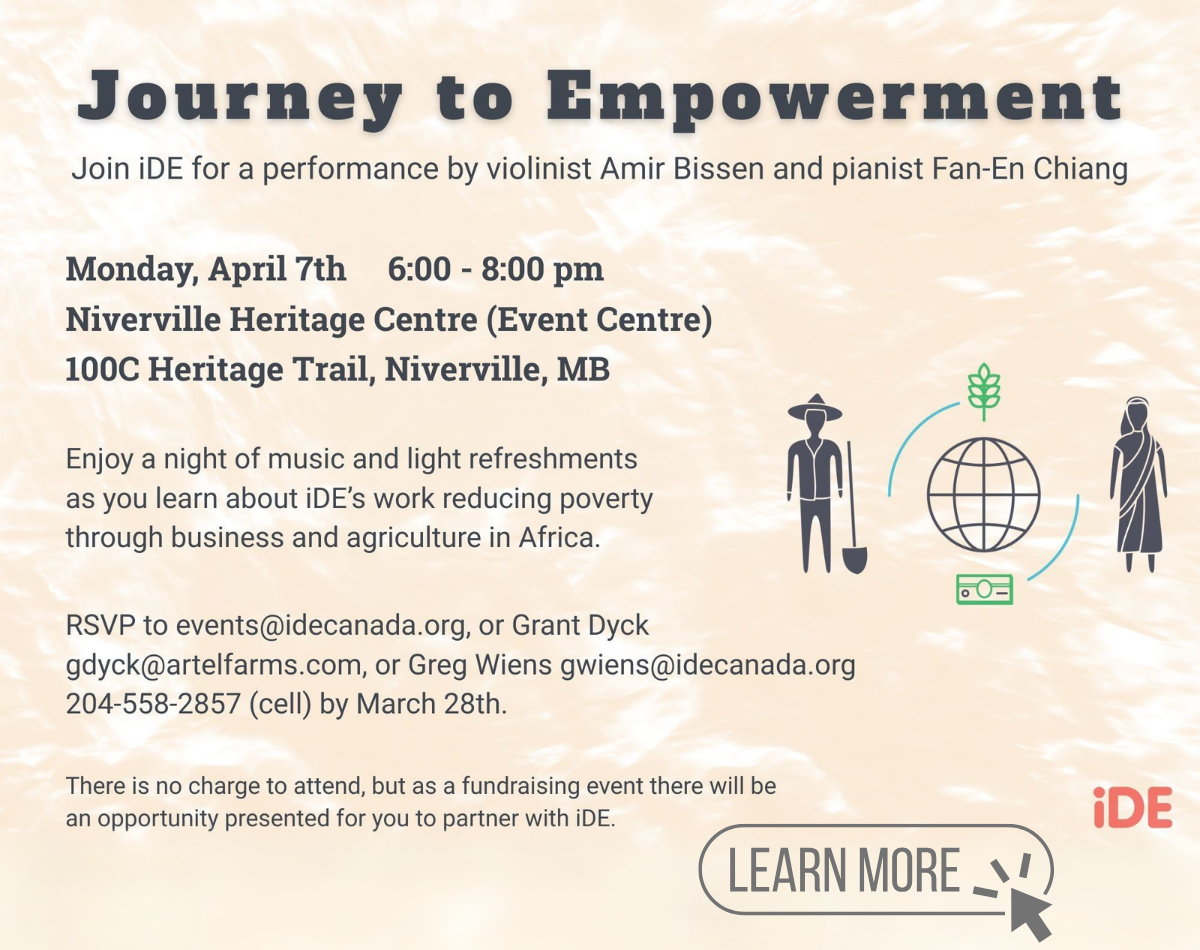
I am not sure if there is a greater sadness than when our fellow man, our human brethren, seeks to kill another of our brethren. War is hell—and this statement can be expanded to include police actions or any other synonym for conflict our leaders can conjure. Like most, I am prepared to experience some sacrifice, some proverbial hell, if the end result is better.
And this is where the disagreement starts.
Very few of us would argue that the world envisioned by ISIS is a distorted and scary place, but let me clarify that “us,” by definition, does not mean the Christian Western world. The “us” is defined by the vast majority of all peoples, regardless of affiliations, beliefs, nationalities, or lack of any of the aforementioned.
When you take a good look at the statements made by people representing the diversity of the world, you can take hope, for no religion is inherently violent; people are or become violent. Sometimes they will leverage pieces of religious teachings or radical interpretations of these, but it is the people themselves who act. Within all religious teachings we can find justification for terrible acts by simply removing them from context or taking figurative examples as literal. Most often, these differences result in simple partitions, such as denominations and sects within the teachings. But occasionally we see this manifest in acts of atrocity in the name of religion.
Extremists of any stripe are a danger, and their tool is the ignorant rantings of the ill-informed. They breed hate, creating polarization and fear which strengthens their mandate. Do not misunderstand; I think we all detest the idea of a country where Sharia law is forced upon the entire population. We would also resent the idea of living under the auspices of extreme interpretations of Judaism, Christianity, Hinduism, or Buddhism. How many of our farmers would appreciate giving up their fields to Shevi’it every 7 years under Judaism’s halakha law?
Narrow and extreme thought begets hatred, or at times its evil cousins—indifference and intolerance. It is through mutual respect, tolerance, and moderation that our modern world, or at minimum our great multicultural nation, has been built. I was pleased to hear MP Nina Grewal explain how as a Sikh, she was not only unoffended by Christian customs, but felt great comfort in the expression of freedom this extended for her to celebrate her own faith.
While agreeing to detest extremism, what is the best path to resolution? This is where it gets interesting, and if you think that agreement is easy, look no further than your own small circle on Facebook to see the conflicting ideas. Take action… support our coalition and bomb their supply lines, cut their leadership through selective drone strikes. Take no action… don’t even justify their stupidity with a response, don’t fuel their recruitment with continued aggression.
Extremism is the collective and mature version of the playground bully. It thrives on the hatred and division it creates. It is strengthened by the fear of its victims. It plays on the division and indifference of those in fear to continue to torment the remainder.
We learned in kindergarten that the bully could be beaten through the simple acts of standing up and saying “No,” and then killing them with kindness. Perhaps it is hard to see the application of the elementary school principles here, but I have been reminded many times that everything that is important in life I learned by the end of kindergarten. Based on this, we should not stand with those who preach aggression and retaliation only. Nor with those who sit by and ignore, focused on their own small world and ignore the problems “over there.”
No. We should stand with those who stand for justice. Justice of all sorts. Stand with the Christian churches who are raising money to rebuild the mosque in Peterborough. Stand with those in Yemen decrying the killing of innocent citizens. Stand with those in France, Syria, Iraq, and around the world who are focused on finding peace rather than “winning” a war. If our colonial conquests or global interferences have taught us anything, it is that wars are not won, and it is the innocents who pay the costs of losing.



















